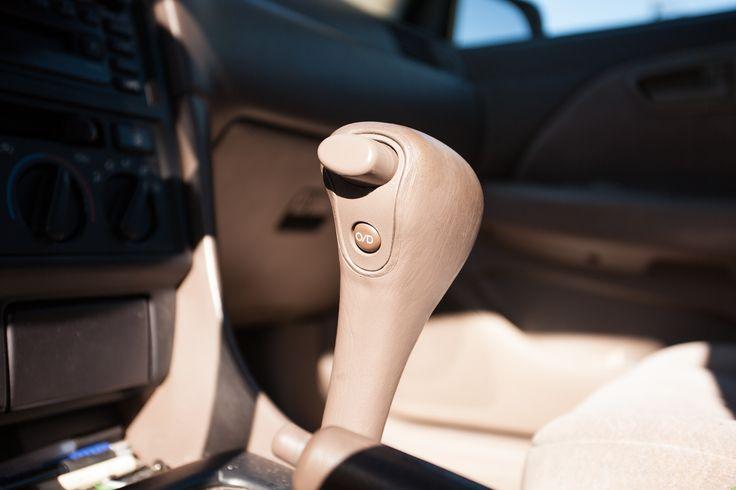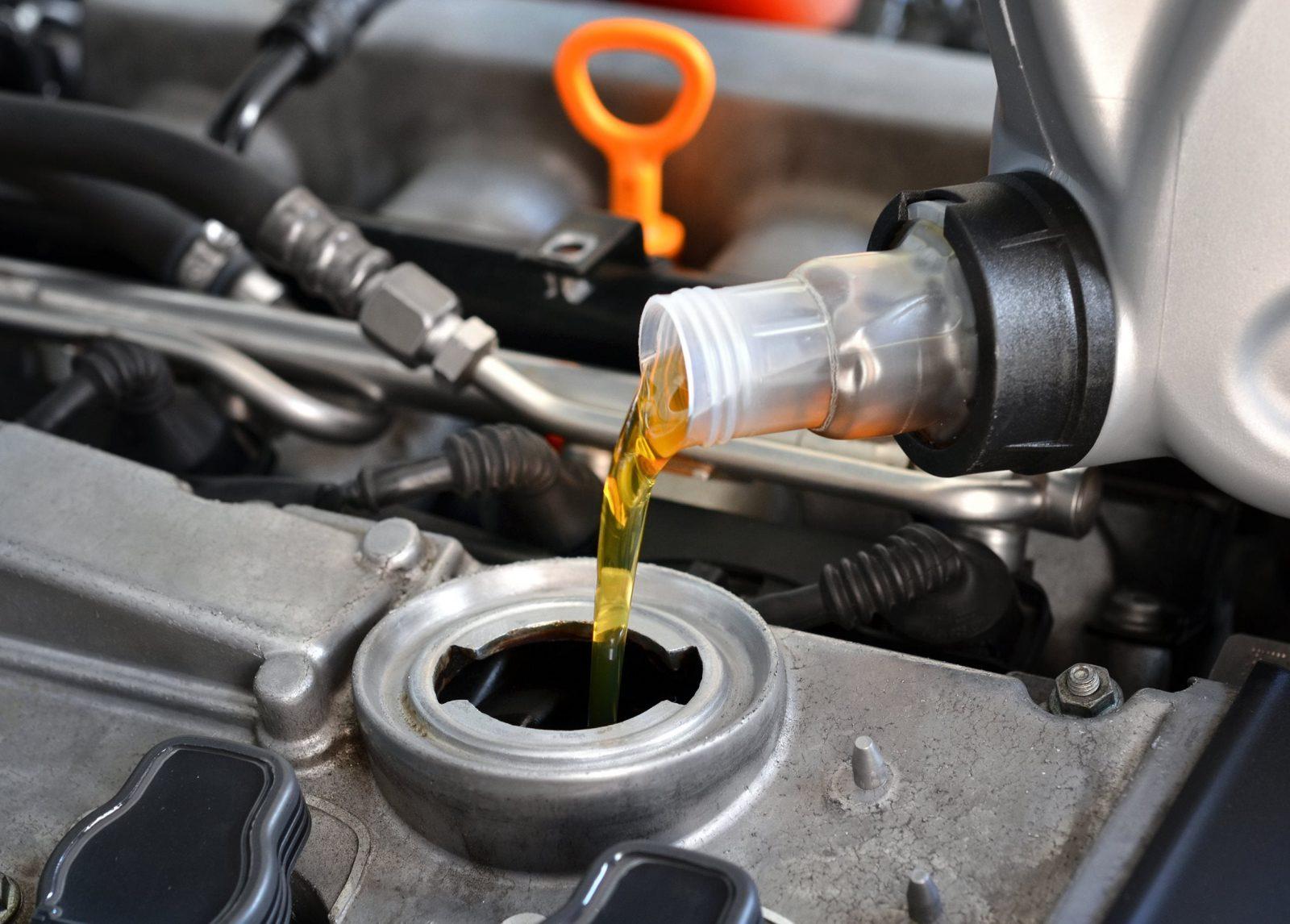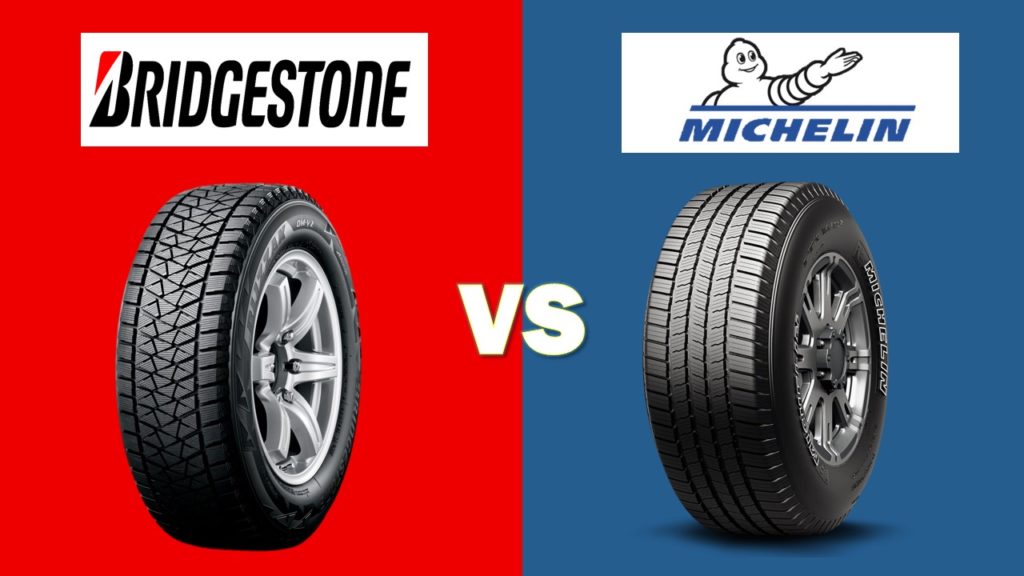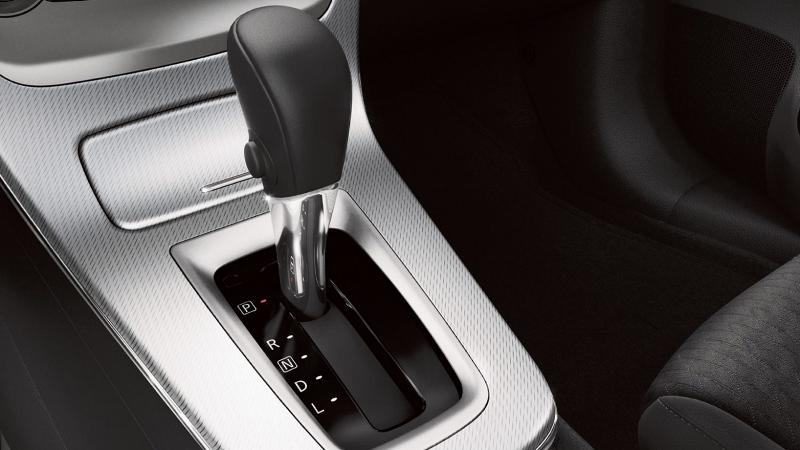Import Cars From Japan To Kenya – Important Rules And Regulations To Know
Kenya is a place where the demand for Japanese used cars increasing a lot. We can say that Japan is a primary source for importing used cars from Japan to Kenya. The reason that Kenyans look at the Japanese market is this place provides a wide range of popular vehicle choices with high quality, reliability, and affordable prices. To know how to import cars from Japan to Kenya, there are some rules and regulations you need to learn.
I. What To Know If You Want To Import Cars From Japan To Kenya?
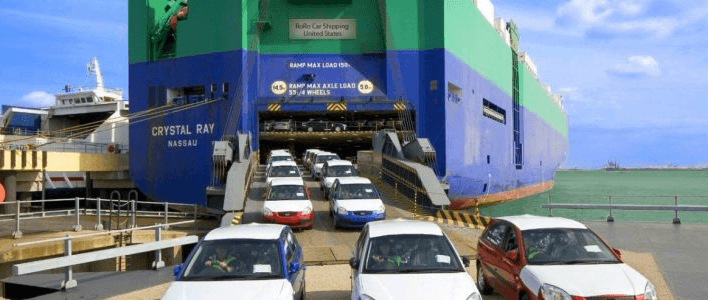
The rules are listed below:
- Not more than eight years old. The law is very strict about this, according to the Kenya Bureau of Standards KS 1515:2000. For example, for the year 2019, only vehicles manufactured in or after 2012 are allowed.
- There is one port of entry for imported used cars from Japan or other countries, and the Port is Mombasa. It is where ships unload their cargo.
- The imported vehicle must be a Right-hand drive. Left-hand drive vehicles are not allowed for registration unless they are for a particular purpose.
- The used vehicles must pass a safety and mechanical inspection
II. Duty Payments For Importing Used Car From Japan To Kenya
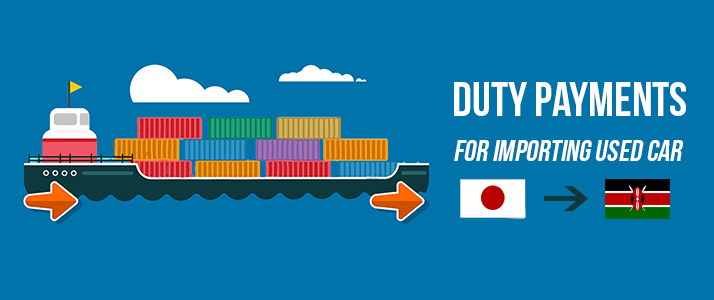
Read more:
- 4 Most Ridiculous Car Myths That Surprise Most Drivers
- The Nine Best Cars Never See On The Road Anymore
When importing cars to Kenya, you will have to pay a lot of taxes. They are expensive, but there are no better options. So to make your buying process smooth, knowing and understanding the taxes below is very helpful.
Taxation in Kenya is governed by the Kenya Revenue Authority (KRA), which is responsible for collecting taxes on behalf of the government. The following taxes/duties are payable for motor vehicle imports based on customs value.
1. Import Duty (25%)
2. Excise Duty. This duty varies with vehicle category
- Private passenger vehicles with Diesel engines whose engine capacity exceeds 3000cc (30%)
- Private passenger vehicles with petrol engines whose engine capacity exceeds 2500cc (30%)
- All Other Vehicle Categories (20%)
3. Railway Development Levy (1.5%)
4. Import Declaration Fees (2%)
5. Value Added Tax (16%)
It sounds very complicated to understand the above formula. Now it is not a problem anymore, the CIF price for all used cars on Car From Japan website (a famous platform selling used cars for sale in Kenya) is calculated automatically, so it will be easier to find a suitable car with your budget in a few seconds.
III. What Documents Are Required?
Apart from knowing duty payments, you do need to know the required documents to make your importation procedure smooth. Importation Supporting documents should be attached including but not limited to (According to KRA):
1. Original Commercial Invoice
2. Original Bill of lading
3. Original Logbook from the country of importation that has been canceled from the country of origin, as this will be required by the National Transport and Safety Authority to give you an original Kenyan Log Book
4. Copy of your PIN certificate/ Copy of certificate of Incorporation (applicable to companies)
5. Pre-shipment inspection certificate. (certificate of roadworthiness)
If you clear all these rules and regulations and you are ready to import cars from Japan to Kenya, Car From Japan is also ready to serve you with a huge stock of used cars at affordable prices.
Watch more:
Final Thoughts
Importing cars from Japan to Kenya requires careful consideration of import regulations, reliable exporters, vehicle selection, shipping logistics, import duties, and taxes, documentation compliance, and registration processes. It is essential to adhere to the requirements set by the Kenya Revenue Authority (KRA) and the Kenya Bureau of Standards (KEBS). With the information we share in this article, we hope that it will make the import process easier.





